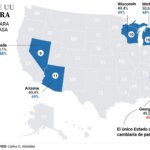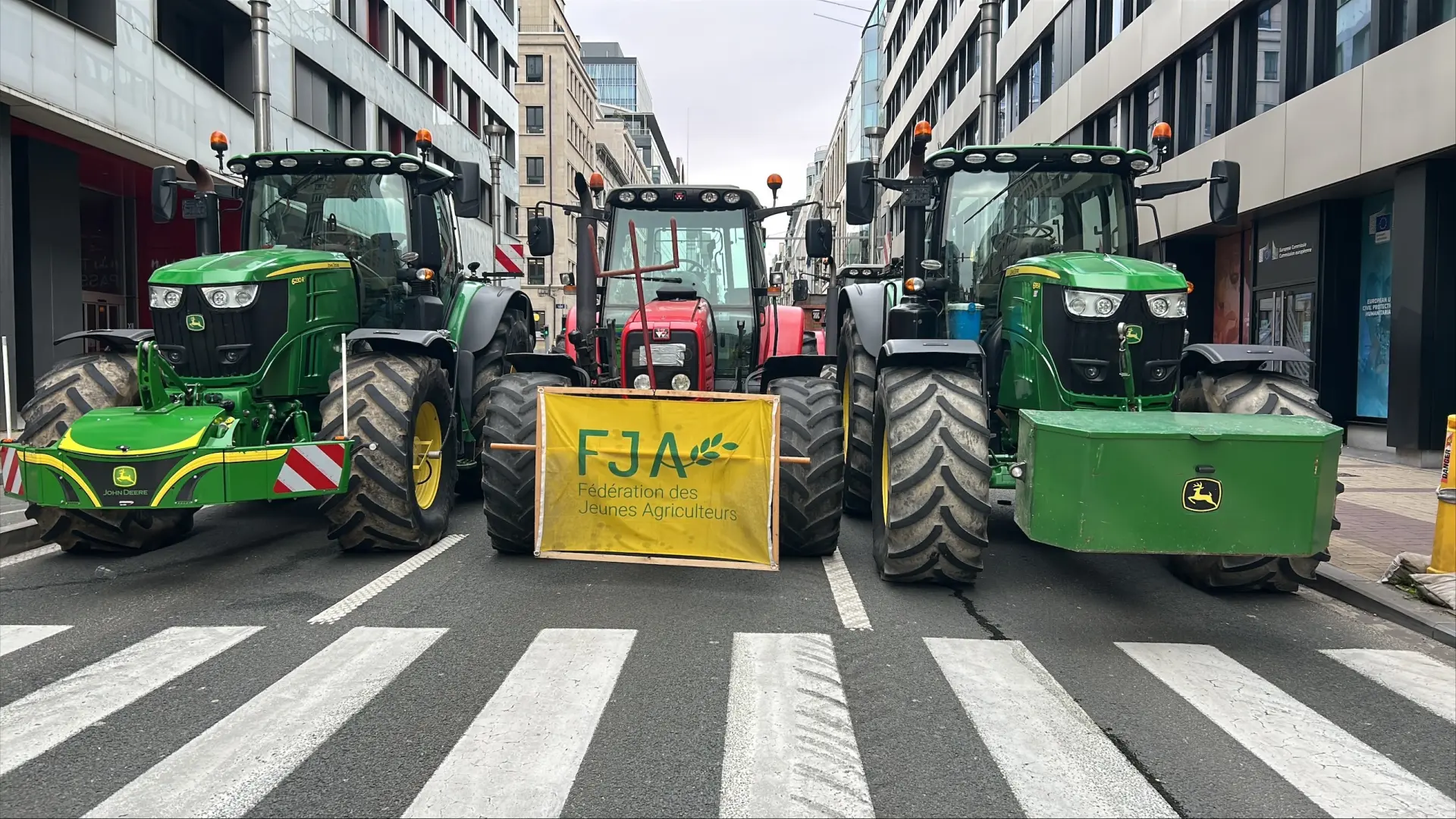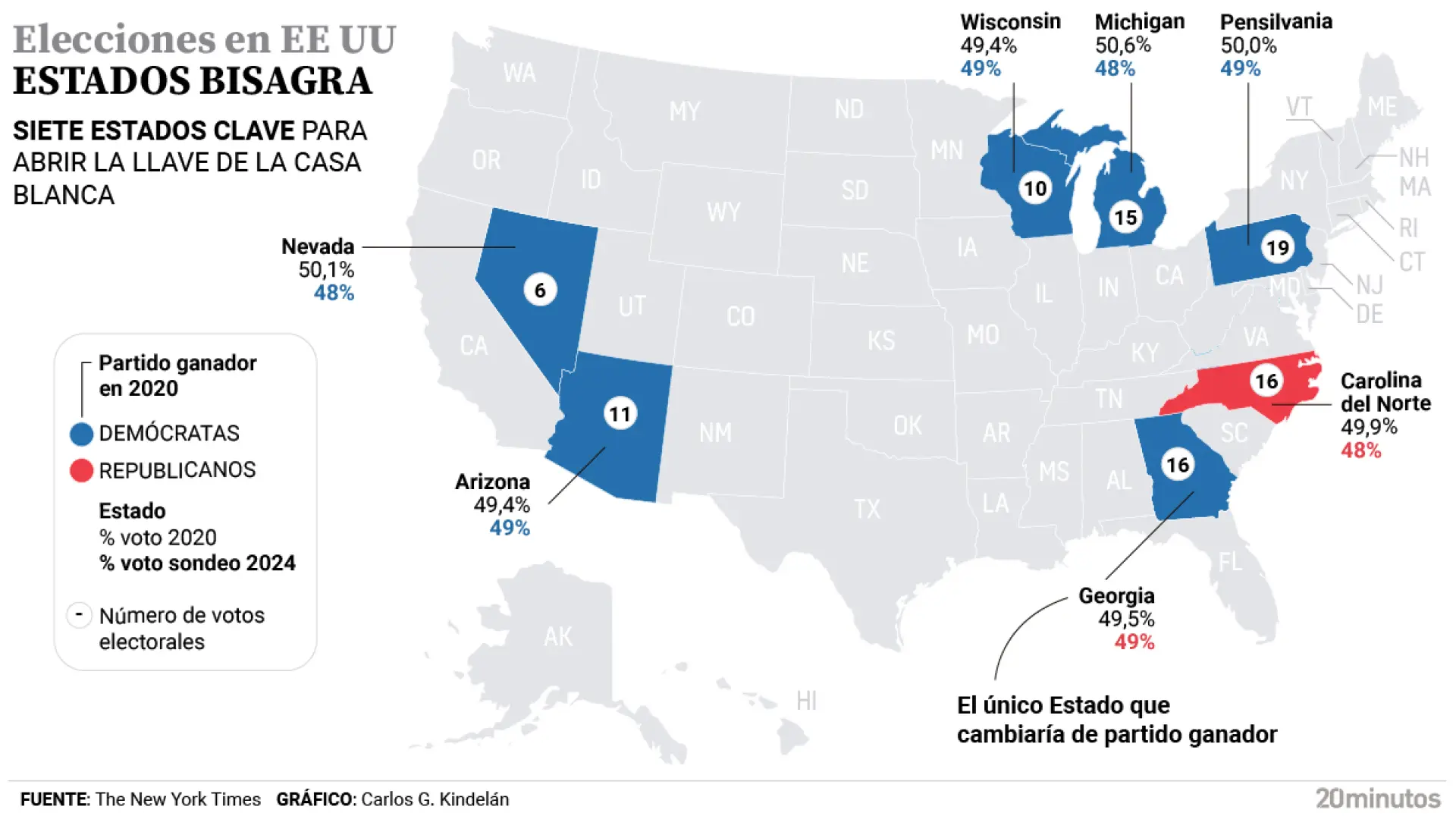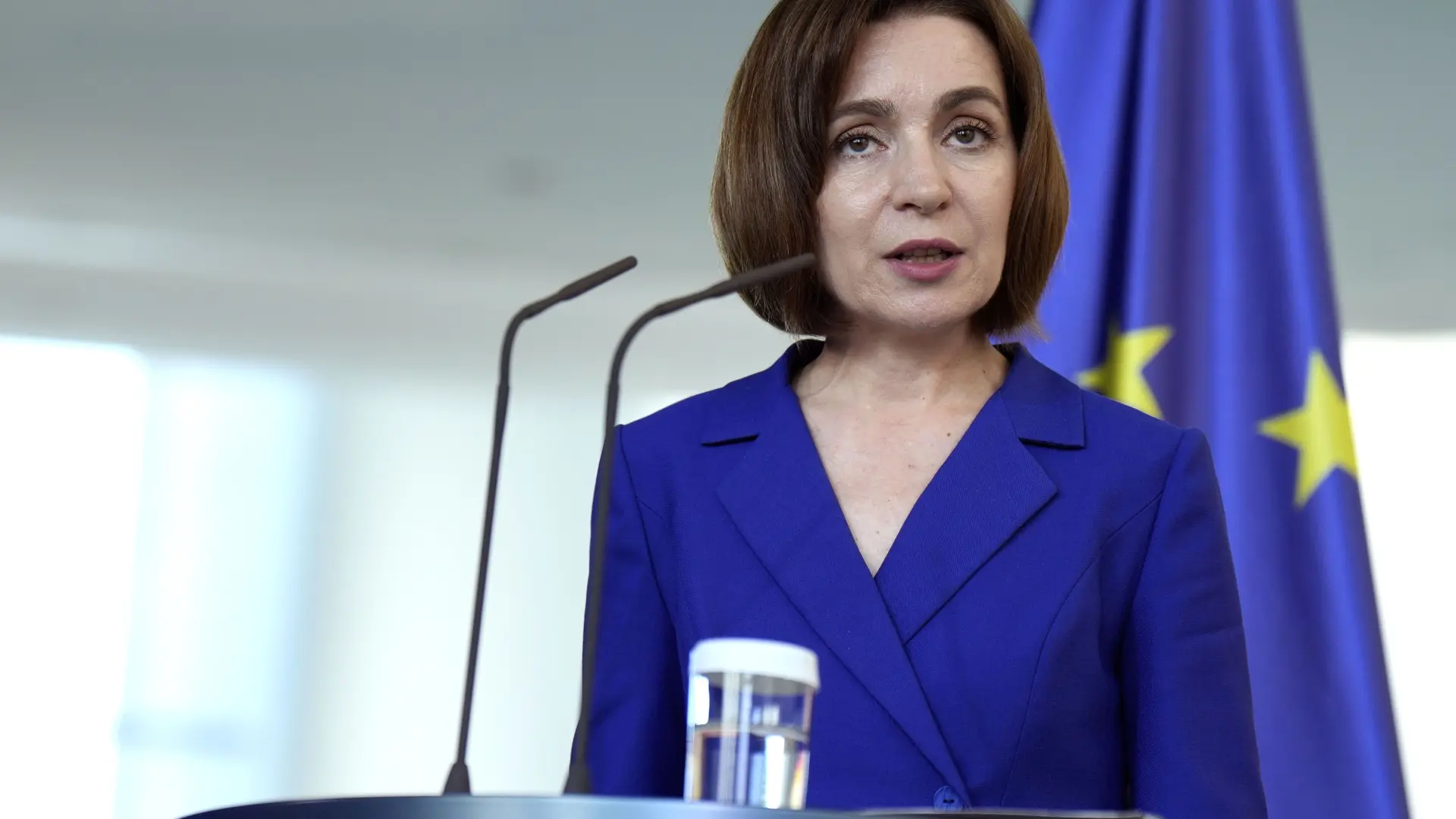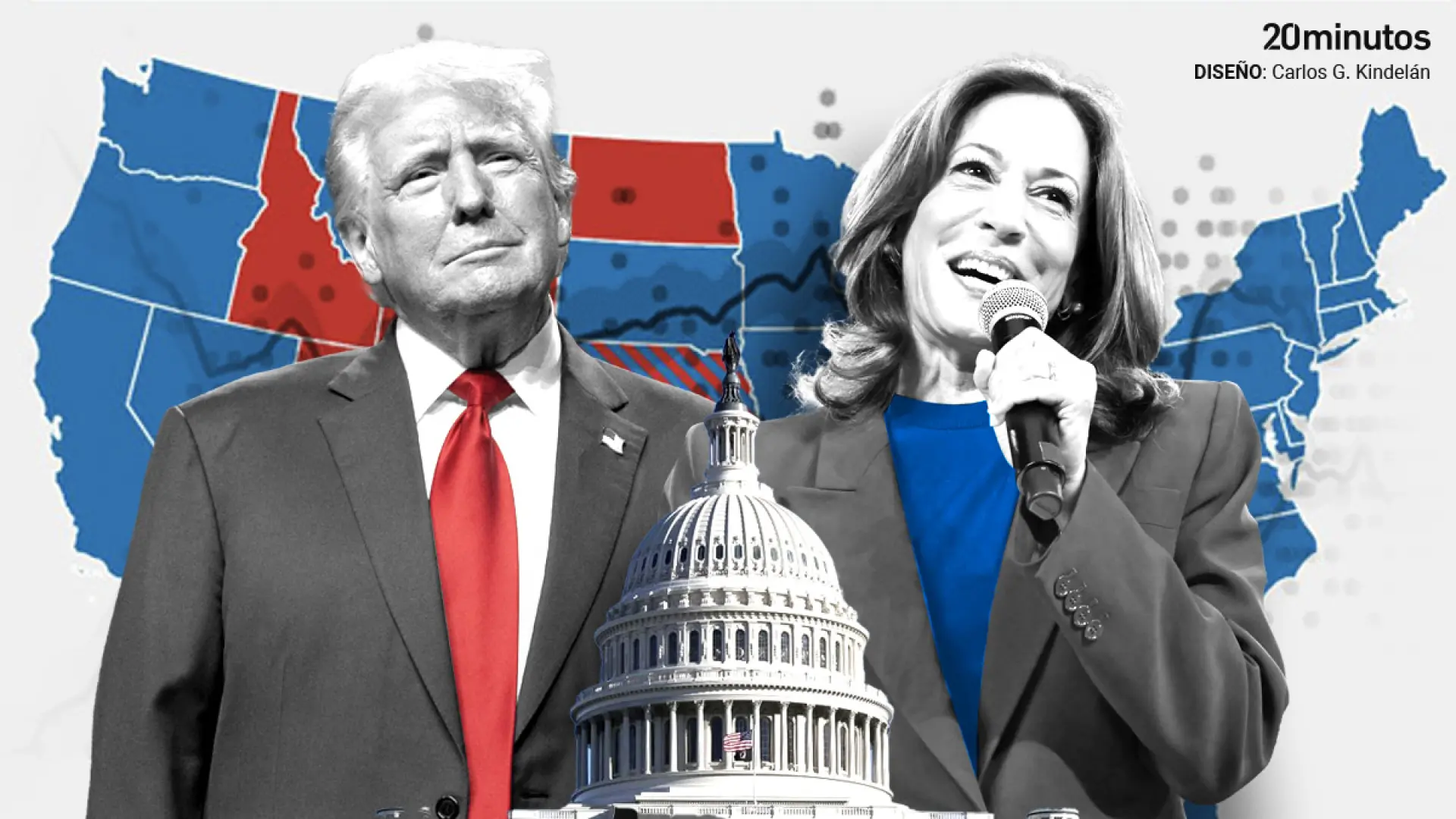“We have to keep making noise.” That is the declare that European farmers have repeated, who demonstrated again this Tuesday in Brussels to demand options debated a couple of meters away by the ministers of the department of the 27. The Council of Agriculture plans to approve measures that have been on the desk for months amid vital protests, though these this week in the neighborhood capital didn’t purpose to be as hectic as these of in the past one month.
To keep away from the altercations of final February, the brokers deployed a big cordon across the European neighborhood, stopping entry, for instance, to the environment of the European Parliament. “We hope that is the ultimate march, however we do not have a lot confidence anymore”some area staff defined to 20 minutes. However, the marches had been a lot smaller than the earlier ones.
The unions Fugea, the Federation of Young Farmers (FJA), the Walloon Federation of Agriculture (Fwa), the Support Network for Peasant Agriculture (RéSAP) and the European Coordination Via Campesina are the organizations manifested, with a deliberate whole of about 300 tractors, removed from the 1000’s concentrated in the demonstrations of February 1 and 26. There are small visitors cuts and a few closures in metro stations, however nothing on a big scale, not less than in accordance to what the authorities have warned.

Meanwhile, EU member nations are shut to giving their approval to the European Commission’s proposal. to soften a number of the environmental necessities of the Common Agricultural Policy (CAP). It is without doubt one of the primary insurance policies of the European Union. Like financial coverage, the political energy of nations in issues of agriculture is transferred by the EU Member States to the European Commission, the establishment in cost of constructing unified tips and insurance policies. It is the oldest coverage in the Union, relationship again to 1962.
The primary targets of the CAP is to unify standards in agricultural manufacturing and distribution, focusing consideration on offering inexpensive, secure and high-quality meals to customers, preserve pure assets and assure the usual of dwelling of staff in the sector. Now, probably the most concrete objective sought by the agricultural sector is to scale back paperwork significantly, one thing to which each the European Commission and the Member States are prepared.
Of the whole of 390,000 million euros which can be included for this merchandise -from 2021-, Spain will obtain simply over 47.7 billion, due to this fact being the third most benefited nation, solely behind Germany and France. It might be channeled into the receipt of 5,000 million euros yearly in direct funds and it’s anticipated that round 700,000 Spanish ranchers and farmers will profit. At the identical time, it offers plenty of weight to the so-called ecoschemes: the sequence of calls for for farmers and ranchers to develop environmentally helpful practices. They might be a extra vital leg if attainable when it comes to accessing help. It is anticipated that these eco-schemes will obtain round 25% of the help that might be managed by every Member State. “Lots of information and little actual progress for the nice of farmers,” the sector claims in conclusion.

These criticisms are these which can be given inwards, however the area doesn’t just like the deliberate motion outwards both, exemplified in the eternally blocked settlement between the EU and Mercosur, which appears not to go forward. France is the nation that has at all times been most opposed to this hyperlink and its president, Emmanuel Macron, made it clear again as quickly because the demonstrations started. Spain, however, leads the group of Member States which can be in favor, although a big a part of the agricultural neighborhood doesn’t see it favorably. “It leaves us in a state of affairs of inequality,” they insist, claiming that “it’s cheaper to deliver merchandise from outdoors.”


